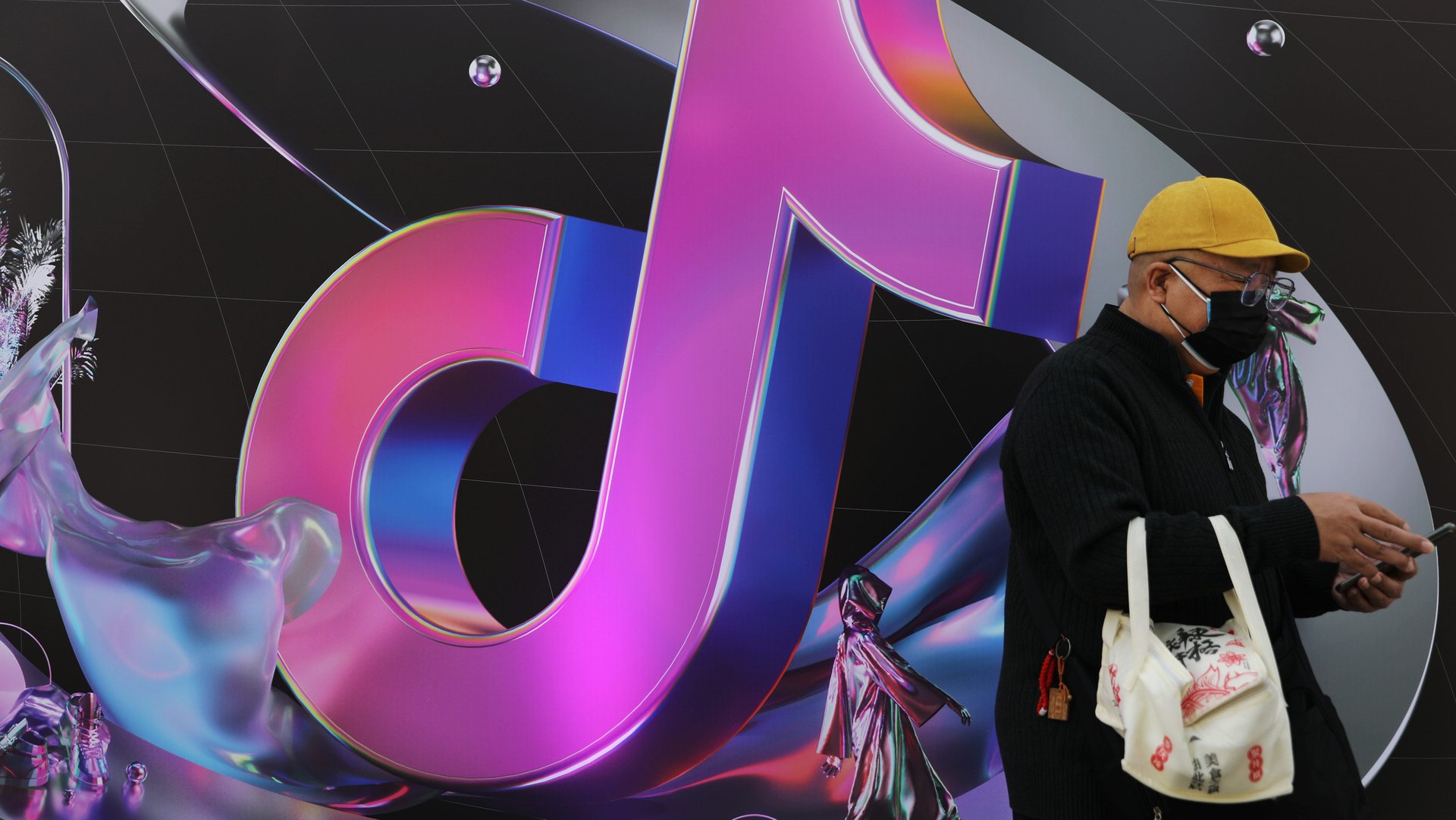ByteDance is getting ahead of China’s crackdown on tech for teens
China’s ruling Communist Party reminded the tech sector who’s calling the shots this past year by squashing Ant Financial’s IPO, removing ride-hailing giant DiDi from app stores, and proposing new rules that could change how Chinese stocks raise money abroad.


China’s ruling Communist Party reminded the tech sector who’s calling the shots this past year by squashing Ant Financial’s IPO, removing ride-hailing giant DiDi from app stores, and proposing new rules that could change how Chinese stocks raise money abroad.
Now Beijing wants to rein in children’s use of technology. In June, the government amended its Minor Protection Law, which forces developers to implement time management tools for children, and drastically limits how much time Chinese youths can spend playing online video games. After Chinese state media called video games “spiritual opium,” Chinese regulators limited children’s online gaming to three hours a week at specific times on the weekends. Regulatory approval for new online games is also reportedly slowing.
Social media is next. ByteDance said last week it will limit the usage of its app Douyin, China’s counterpart to TikTok, to 40 minutes a day for children under 14. The limits by ByteDance are a “proactive measure” that could reassure concerned regulators, a Citigroup analyst wrote according to CNN, although it’s unclear how much of a role Chinese regulators played in the decision.
China’s clash with tech
The Chinese government, once enamored with its fast-growing tech giants, is now moving to curb their clout. Most of the rationale has been cloaked in language about data security, like with the government’s decision to pull DiDi from app stores in July just after its IPO, alleging that Chinese user data was going to the US.
China has also been cracking down on the power of celebrity in recent months, going as far as scrubbing certain entertainers from its internet for “misbehaving,” a broad blacklist against political dissent and social activism.
In 2014, Chinese President Xi Jinping gave a major speech about the need for art to be a public service. Xi’s government now appears to enforcing that belief and eroding the growing fan culture in the country, which the authoritarian government sees as a potential threat.
While there may be some legitimate concern about tech addiction, especially among children, the crackdown on video games and social media may have more to do with asserting the government’s control of popular perception about than protecting youth.
William Kirby, a professor of China Studies at Harvard Business School said the corporate crackdown that has wiped more than $1 trillion in value off Chinese tech stocks in recent months is somewhat separate from Beijing’s renewed efforts to tightly manage when and how digital content is consumed.
“The crackdown…coincides with the government’s attempt to curb addiction (video games limits) and protect children from spending too much time on the internet (Good luck with that.),” he wrote by email. “It also aligns with the government cracking down on obsessive/unhealthy celebrity culture—at least in the private sector.”
ByteDance’s planned IPO
Amid China’s tech crackdown, ByteDance has played the long game rather than follow DiDi’s lead, trying to anticipate regulator scrutiny.
ByteDance has already delayed its own plans to go public. In July, ByteDance shelved its IPO plans indefinitely after meeting with Chinese regulators who told the company to focus on data security concerns with the app, reported The Wall Street Journal. It is now reportedly awaiting guidance from Beijing ahead of a potential 2022 public offering in Hong Kong, according to The Financial Times which reported that ByteDance has revived its IPO plans.
The US government has also scrutinized ByteDance’s data practices, out of national security concerns that China could get its hands on US user data. Though Donald Trump failed to ban TikTok, one of his national security reviews of ByteDance has continued into the Biden administration with the Democratic administration expressing some of the same concerns as his predecessor.
ByteDance’s IPO could be one of the largest tech stock listings. The company has 1.9 billion global users across apps and netted $19 billion last year.